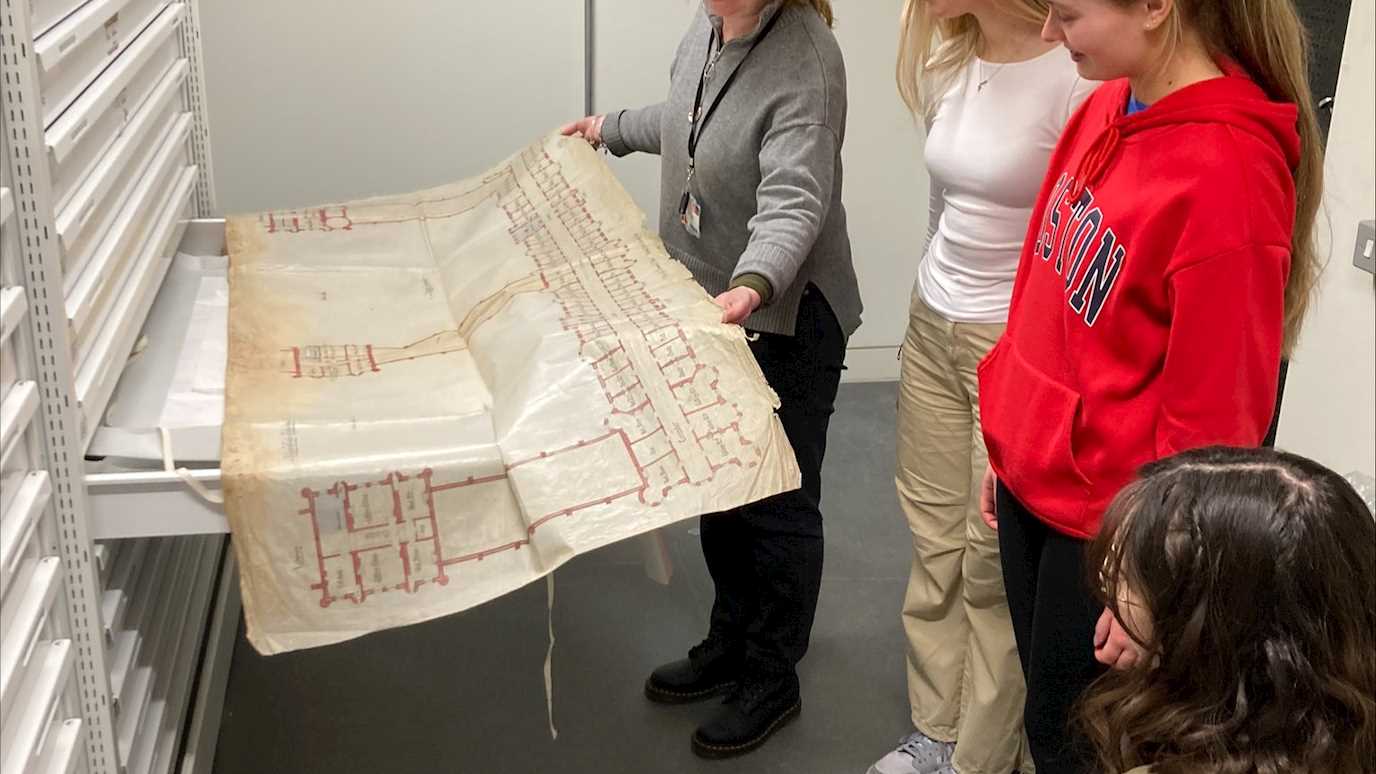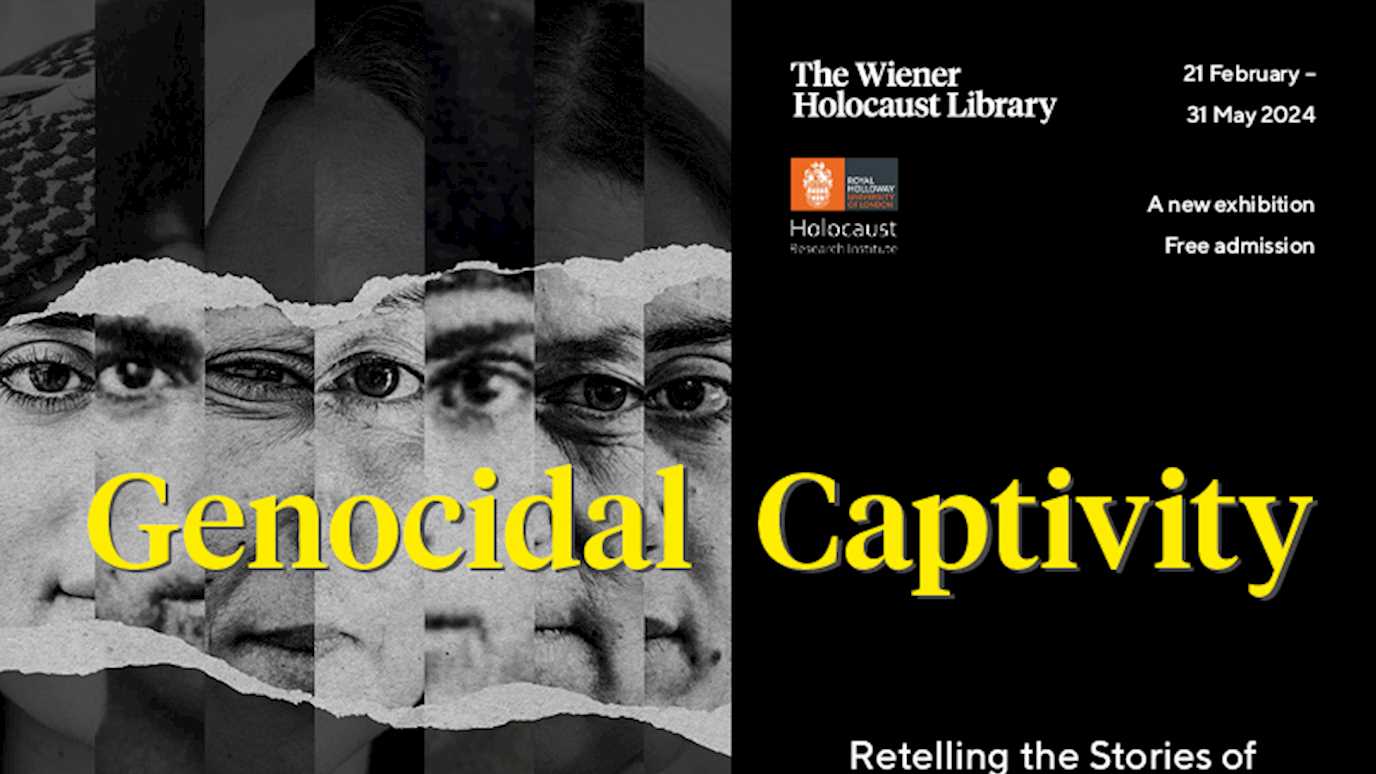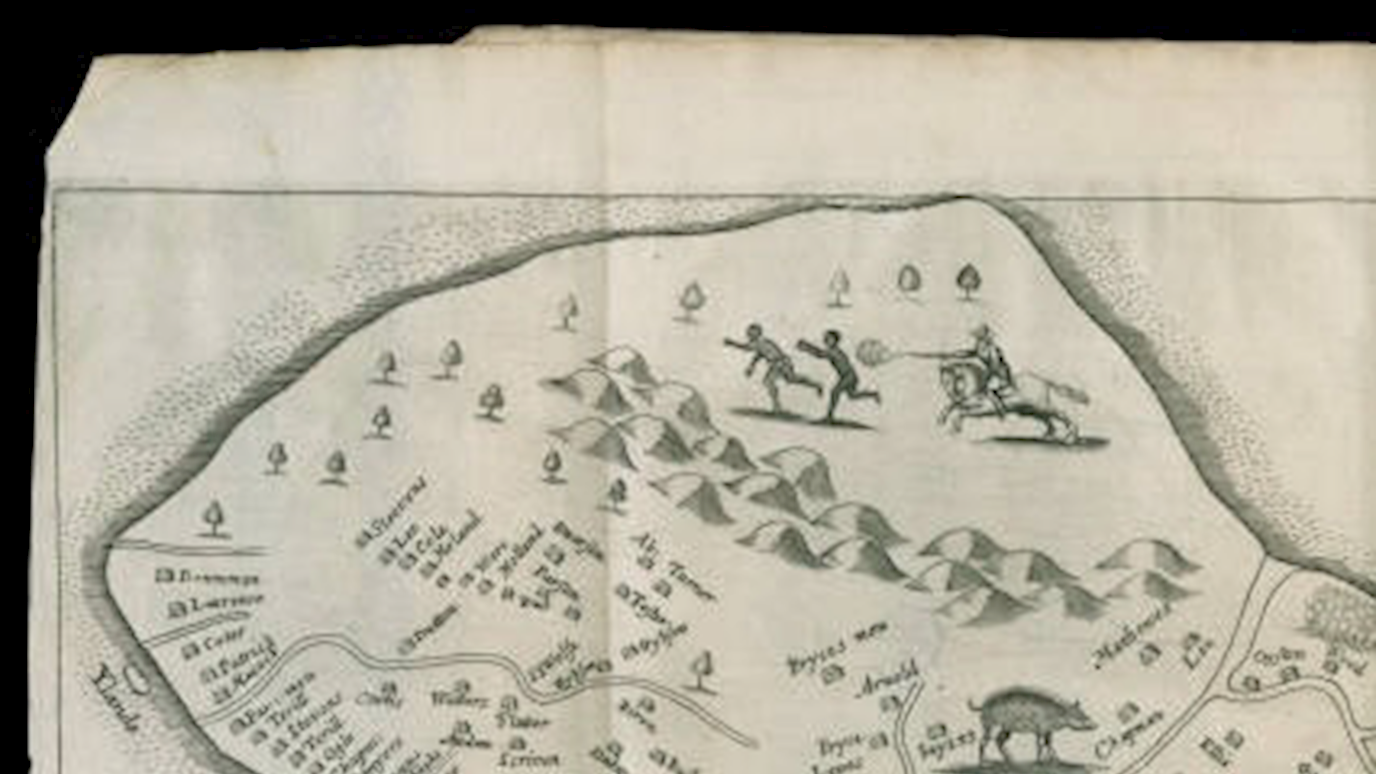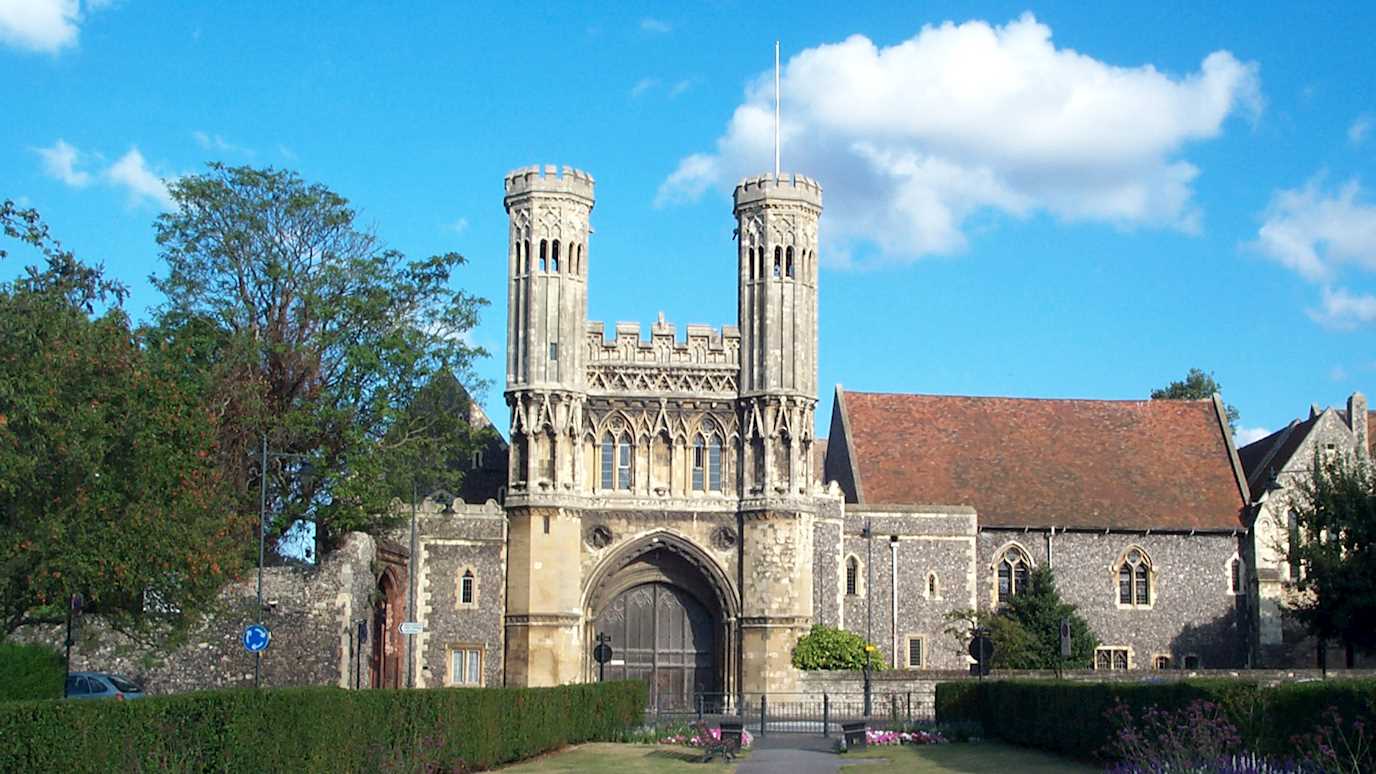Francis Robinson gave one of the keynote addresses and was involved in two panels at Karachi’s Adabfest.
Recent years have seen a major movement of literary festivals in Pakistan. Currently there are festivals in Islamabad, Lahore and Karachi, although Karachi actually supports two festivals a year. These are great popular occasions to which the general public throng to listen to poets, novelists, artists, academics, politicians, and even town planners as they talk about their work. The Karachi Literary Festival is said to attract up to 250,000 people over three days, which is not surprising when you reckon that the population of greater Karachi is c. 25m and growing.
Two years ago Francis Robinson gave a keynote address at the opening ceremony of the Karachi Literary Festival. This was followed by a session launching his book Jamal Mian: the Life of Maulana Jamaluddin Abdul Wahab of Farangi Mahall 1919-2012. The launch took the form of an interview with the Karachi newspaper magnate Hamid Haroon, in which Haroon was determined to tell the audience what a fine thing the book was rather than allowing its quality to emerge in conversation!
This year Francis Robinson gave one of the keynote addresses at Karachi’s Adabfest. He spoke alongside Mr Justice Asif Saeed Khosa, the Chief Justice of the Supreme Court of Pakistan, who dilated on the way in which judges used literature to give bite and thrust to their judgements and Maleeha Lodhi, Pakistan’s leading diplomat, currently representing the country at the UN, who talked of Pakistan’s soft power and its uses. Francis Robinson reminded the audience: that Karachi was the site of the port city of Debul, which was the point where in 711CE the army of the Umayyad Caliphate had invaded Sind and begun the Islamization of the Indus valley – an important moment in world history; that Pakistan was currently experiencing a golden age of Pakistani novels in English, many literary prizes were being won and India’s output was being rivalled if not eclipsed; that Pakistan had in recent years produced a remarkable series of academics in the humanities with great impact on their disciplines, the only sadness being that few of these remained in Pakistan; and finally that Pakistan was experiencing a most remarkable development in its patriarchal society – the emergence of women’s spiritual leadership, which certainly involved women leading women, but most strikingly in recent years has involved the emergence of women Sufis taking on both men as well as women as disciples.
Later on in the Adabfest Francis Robinson was involved in two panels. One was on what was described as ‘the never-ending battle for the Pakistan narrative’ that is to command the nation’s story. On the panel there sat Hina Rabbani, Pakistan’s Foreign Minister, and Pervez Hoodbhoy, a nuclear physicist who enjoys telling his fellow citizens how things really are. There was some good knockabout stuff. But, as this took place on 31 January 2020, Francis Robinson felt bound to remind the audience that contested national narratives were endemic even in the most apparently rooted nation-states. It was possible that over the next ten years the United Kingdom would be reduced to just England and Wales.
The second panel involved the launch of Jallianwala Bagh: Literary Responses in Prose and Poetry. Francis Robinson provided historical context and endeavoured to ameliorate the inevitable Brit-bashing by emphasising (1) that as he grew up it had always been made clear to him that the Jallianwala Bagh massacre was a mark of shame for the British Empire and (2) that Prime Minister David Cameron on his visit to India some 4/5 years ago had formally apologised for the massacre.
But Francis Robinson’s visit to the Adabfest was not all work. One of the great pleasures of the occasion is the opportunity to meet, lunch and dine with friends of many years, indeed one whom he has known for over fifty years.
























